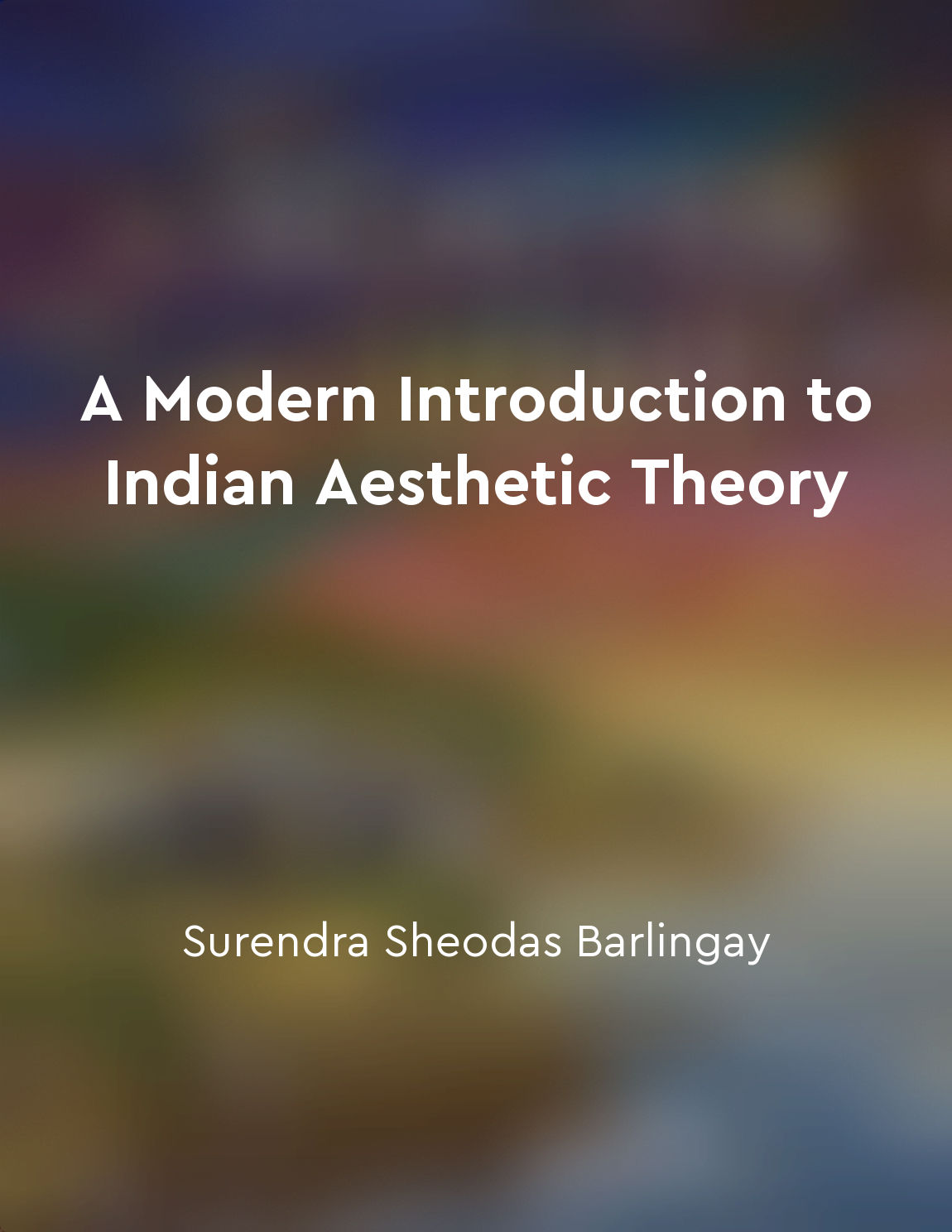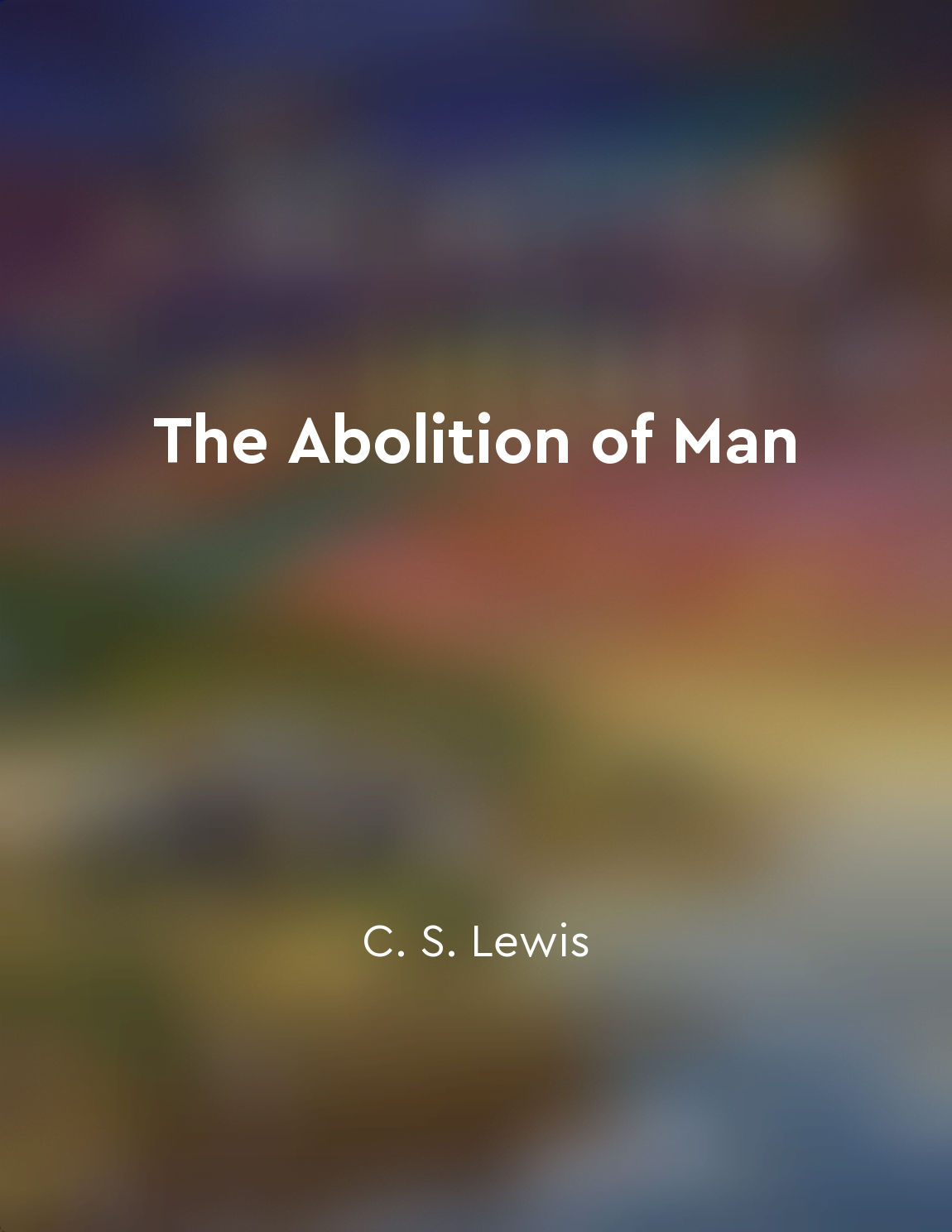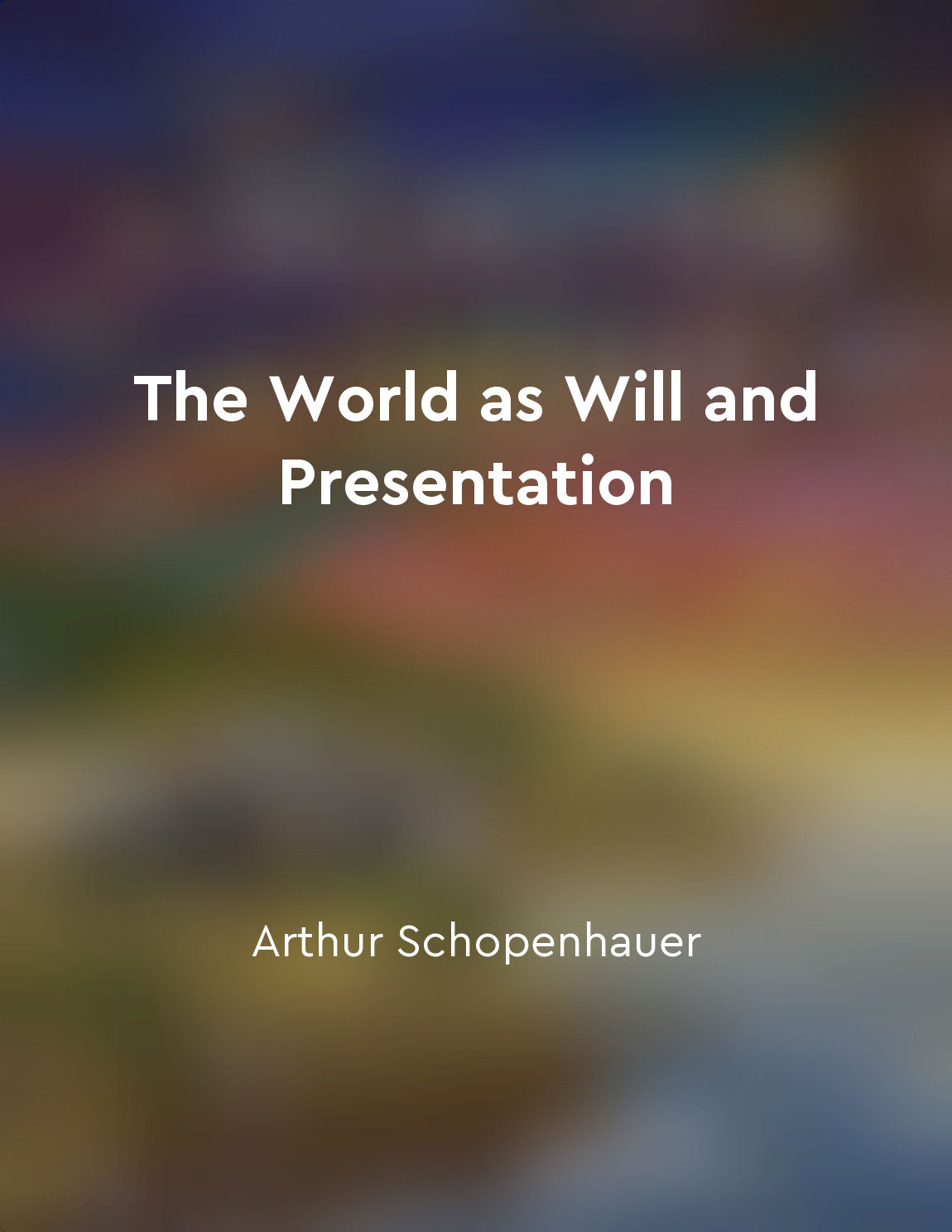Aesthetic judgement is based on feeling, not concept from "summary" of Critique of Judgement by Immanuel Kant
In aesthetic judgement, the judgement made is not based on concepts or rules, but rather on the feeling that is evoked by the object being judged. This feeling is subjective, as it varies from person to person, and cannot be reduced to any universal standard or principle. When we judge something aesthetically, we are not applying any predefined criteria or concepts to it; instead, we are simply experiencing a certain kind of pleasure or displeasure in response to it. This feeling is not a result of reasoning or logic, but rather an immediate and intuitive response to the object. It is not something that can be explained or justified through argumentation, but is rather an emotional reaction that comes from within us. This is why aesthetic judgement is often seen as a matter of personal taste, as different people can have different feelings towards the same object. Because aesthetic judgement is based on feeling, it is also characterized by a certain kind of disinterestedness. When we judge something aesthetically, we are not concerned with its practical or rational value, but rather with the way it affects us on a purely emotional level. This disinterestedness allows us to appreciate the beauty or sublimity of an object for its own sake, without any ulterior motives or agendas. In this way, the feeling that underlies aesthetic judgement is not something that can be easily articulated or communicated. It is a private and ineffable experience that resists being captured in words or concepts. This is why Kant argues that aesthetic judgements are essentially non-cognitive, as they do not involve the application of any cognitive or logical principles.- The basis of aesthetic judgement in feeling highlights the unique and subjective nature of our aesthetic experiences. It reminds us that beauty is not something that can be reduced to rules or concepts, but rather something that is deeply personal and emotional. It is this feeling that lies at the heart of our aesthetic encounters, shaping our perceptions and enriching our lives in ways that go beyond mere rational understanding.
Similar Posts

Rasa as a spiritual experience
The concept of Rasa as a spiritual experience is a central idea in Indian aesthetic theory. Rasa refers to the emotional flavou...
Beauty can provide solace and comfort in difficult times
In times of distress and turmoil, when the soul is weary and the heart heavy, there is a profound need for solace and comfort. ...

The importance of preserving traditional moral wisdom
The concept of preserving traditional moral wisdom is of utmost importance in our modern society. This wisdom, passed down thro...
Nature of Experience
The world of our experience is a world of appearances. It is a world of colours, sounds, textures, and other sensory qualities....
Categorical imperatives are commands of reason
Categorical imperatives, as commands of reason, hold a unique position in moral philosophy. They are not based on contingent de...
Social distinction is a key mechanism of social stratification
Social distinction plays a crucial role in the perpetuation of social stratification within society. It is not merely a matter ...

The importance of affordances and constraints
Affordances and constraints play a crucial role in the design of everyday objects. Affordances refer to the perceived and actua...
Art appreciation and audience engagement
Art appreciation is a crucial aspect of experiencing and understanding art forms. It involves developing a deeper understanding...
Language is inherently social and dynamic
Language, as a means of communication, is not a static entity existing in isolation. It is inherently social, arising from and ...

The significance of art in expressing the ineffable
Art serves as a unique means of expressing that which transcends the limitations of language and rational thought. It allows us...

